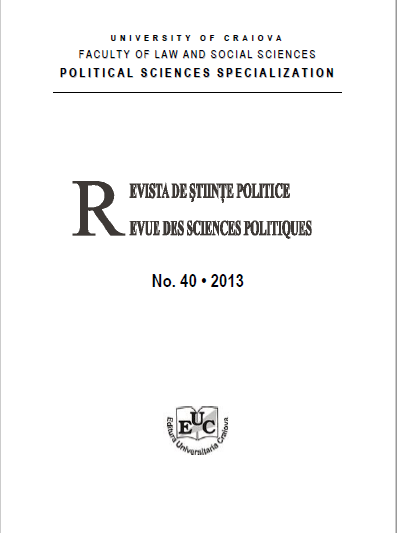John Ruskin, an interpreter of Victorian society
John Ruskin, an interpreter of Victorian society
Author(s): Victor OlaruSubject(s): Economic history, Political history, Social history, Political economy, 19th Century
Published by: Editura Universitaria Craiova
Keywords: John Ruskin; social criticism; economics; symbolical grotesques; Unto This Last; Fors Clavigera;
Summary/Abstract: The paper points out Ruskin's position regarding the Victorian society he lived in and reflected in his writings, such as: The Political Economy of Art (1857), A Joy for Ever 1880), Traffic (1865), Unto This Last (1862), Time and Tide (1867), Fors Clavigera (1871). One may conclude that Ruskin's social criticism eventually had considerable influence on his readers and audience, because he thus rejected outright the fundamental ideas of classical economics accepted by most of his contemporaries and set out on his own. He plainly opposed a pattern of political economy based upon competition and urged the greater relevance and practicality of one based on cooperation. Although at the date of their publication they faced hostility, today critics credit these works with the merit of having helped to raise the social consciousness of Victorian readers and economists. In the second section of this paper, the author focused on Ruskin’s writing techniques. In criticizing Victorian society and laissez-faire capitalism, Ruskin makes use of a language that includes both an old tone, like that of the Old Testament, and a new one, inspired from Victorian rhetoric. The sage makes use of a number of strategies meant to get to interest a possible unwilling audience in the issues of his interpretations, such as his famous symbolical grotesques.
Journal: Revista de Științe Politice. Revue des Sciences Politiques
- Issue Year: 2013
- Issue No: 40
- Page Range: 59-71
- Page Count: 13
- Language: English

